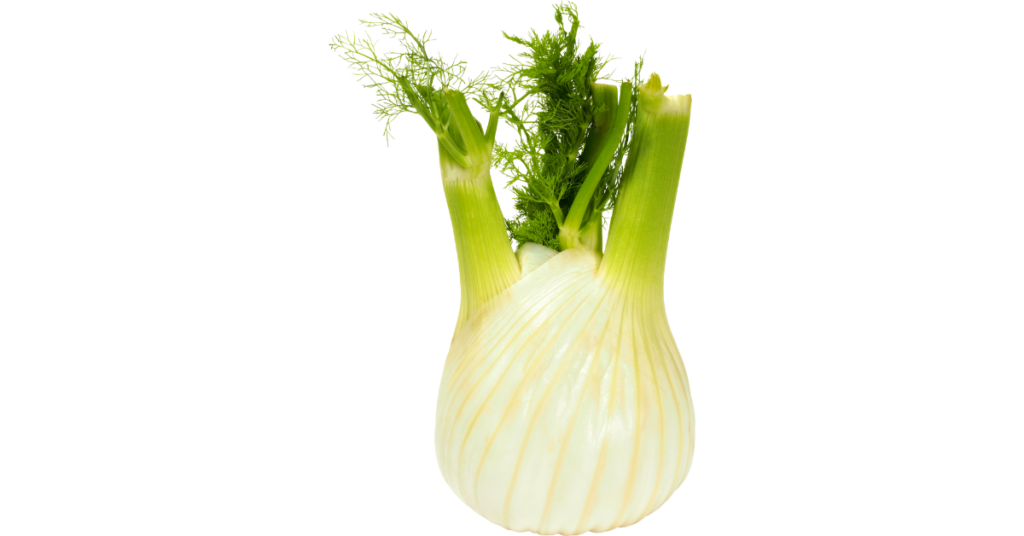Fennel (Foeniculum vulgare)
The Ancient Greeks believed this herb aided slimming, and modern research tends to support this theory.
The botanical name derives from the Latin faeniculum meaning “little hay” describing its appearance, which is like coarse hair.
Description and the places it grows in
Biennial or perennial with an erect blue coloured stem with small yellow flowers. Native to the Mediterranean region.
Parts used
Oil, dried ripe fruit, and dried leaves
Uses
Carminative, aromatic, weak diuretic, mild stimulant.
Digestion: In the Middle Ages the seeds were eaten to aid digestion and to relieve heartburn.
Colic: Especially in babies, many modern day juices that contain fennel are available.
Coughs: Fennel mixed with honey is a traditional treatment for coughs.
Lactation: Fennel tea works wonders on stimulating milk flow.
Other uses: Arthritis if applied as a poultice it eases inflammation. Also used in liqueur manufacture.
Constituents
Volatile oil mainly comprising of anethole, fenchone, d-pinene, limonene, dipentene, phellandrene, and anisic acid.
Contraindications
Very large doses can upset the nervous system.

